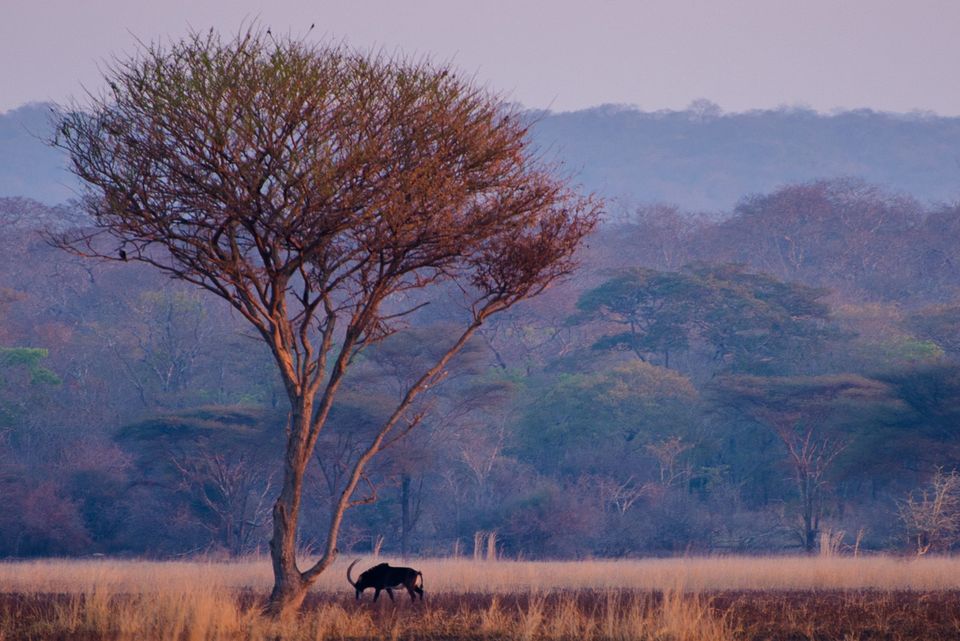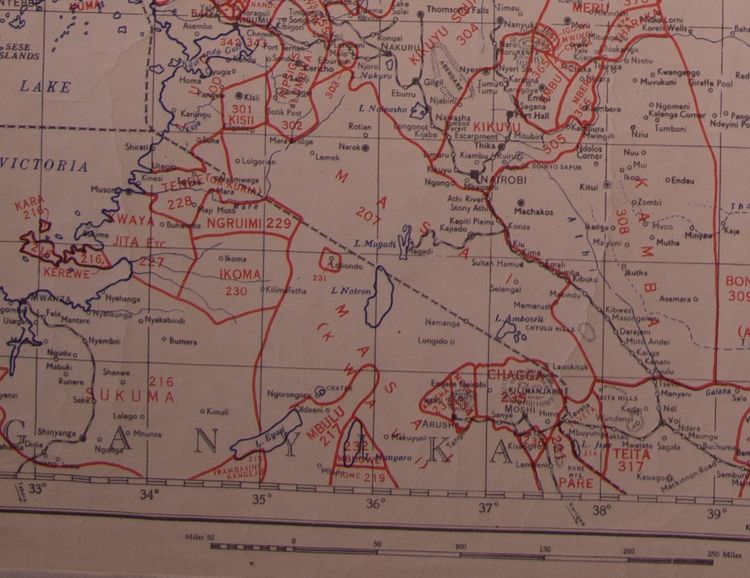Compromise and collaboration - my experience writing our paper on "Conserving Africa’s wildlife and wildlands through the COVID-19 crisis and beyond"

I'm a bit late writing up a post about this paper we wrote two years ago, just as COVID-19 began to spread across the globe - but better late than never.
I've pasted the abstract of the paper towards the end of the article, but I thought I would also give a short summary of the paper, as well as some insights about my experience writing the paper...
Just as the world began to shut down travel in early 2020, Peter Lindsey, reached out a group of us to discuss how we might draw attention to the very real effects of COVID-19 prevention measures, on conservation in Africa. Through our discussions, we quickly realised that, in all likelihood, there would be a cascade of effects (see our Fig. 1 below) that needed to be brought to wider attention. So we set out to try and identify concrete examples, and potential impacts (Fig. 2 below), of how measures to prevent the spread of COVID-19 were going to affect conservation in Africa.


Our analysis led us to the realisation that the measures to control the spread of COVID-19 would result in significant gaps in financial support for conservation efforts across the continent. For example, one of the supposedly sustainable models of conservation was linking conservation efforts with income from tourism and eco-tourism. Now that source of income, both at the national and local scale, was gone. Likewise, government expenditure on conservation efforts was likely to be diverted to averting the potential socio-economic and health crisis that could unfold (Fig. 3 below).

So the obvious call was - more funding needed. But I wasn't comfortable with such a supposedly straight forward solution. Sometimes, mo money, mo problems. I started to feel a bit uneasy about the direction that the paper was now taking, and I didn't feel that I wanted to be part of a "more of the same" paper. So I asked to be removed as a co-author...
Thankfully, Peter Lindsey and a couple of my co-authors reached out and were willing to hear out my grievances. I felt this was an opportunity to reflect on why conservation was the way it was (particularly in Africa), and how, going forward in a post-COVID world, we had the opportunity to change the "more of the same" approach. Just throwing more money at the problem won't, in my analysis, result in a better future.
Over the previous few months I had been reading literature from Political Ecology, like Bram Buscher and Rob Fletcher's The Conservation Revolution: Radical Ideas for Saving Nature beyond the Anthropocene that set out to provide some radical ideas for conservation. Now was a chance for us to share some of these too.
So, after our sections on "managing the immediate crisis" and "defending against future disease outbreaks by regulating wildlife trade and minimizing habitat loss," we included a section on "addressing systemic flaws in the structure and function of conservation in Africa." Here was my favourite part of this paper, where we highlighted some of the systemic flaws in contemporary conservation and identified some opportunities to restructure conservation, for greater resilience. We provided a detailed breakdown of issues that we felt needed to be addressed, including: Recognize the reliance of development on natural assets; Support African civil society conservation efforts (I really like this one!); Diversify revenue-generating options from wildlife areas; Increase domestic expenditure; Increase international funding; Improve revenue distribution mechanisms (which includes things like Buscher and Fletcher's proposed ‘conservation basic incomes’). I wanted to say more, and to be a bit more radical, but I was also satisfied to have been able to make this kind of contribution.
This experience captures some of the key tenets of collaboration in research - open discussion and active listening. And to me, what resulted was a more powerful and thought-provoking paper. Together, the views of all the co-authors produced a paper that is now being (relatively) well cited.
I should add that following the publication of the paper, there was a sort-of response paper to ours from Hans Bauer et al. where the authors made some very valid points - and so I think these two papers should be taken together when trying to understand the impact of COVID-19 on conservation efforts in Africa.
Abstract
The SARS-CoV-2 virus and COVID-19 illness are driving a global crisis. Governments have responded by restricting human movement, which has reduced economic activity. These changes may benefit biodiversity conservation in some ways, but in Africa, we contend that the net conservation impacts of COVID-19 will be strongly negative. Here, we describe how the crisis creates a perfect storm of reduced funding, restrictions on the operations of conservation agencies, and elevated human threats to nature. We identify the immediate steps necessary to address these challenges and support ongoing conservation efforts. We then highlight systemic flaws in contemporary conservation and identify opportunities to restructure for greater resilience. Finally, we emphasize the critical importance of conserving habitat and regulating unsafe wildlife trade practices to reduce the risk of future pandemics.
Thank you to all my co-authors, particularly Peter Lindsey who steered the article forward even when it was rocked by its rambunctious set of co-authors!
If you enjoyed this post, you might be interested in another post where I wrote about my experience as a co-signatory of a controversial letter to the Journal Science with Amy Dickman et al., or perhaps if you're interested in big-picture ideas about African Ecologies, you might be interested in this post about our recent paper on Defining Pathways towards African Ecological Futures.
Also please consider sharing this post with others who might be interested too. If you want to connect, I'm always happy to chat, so get in touch!





